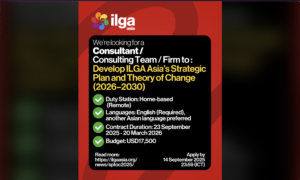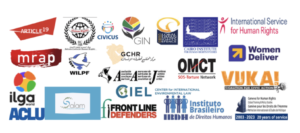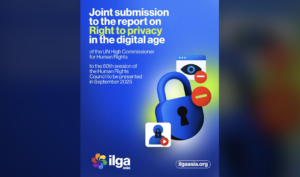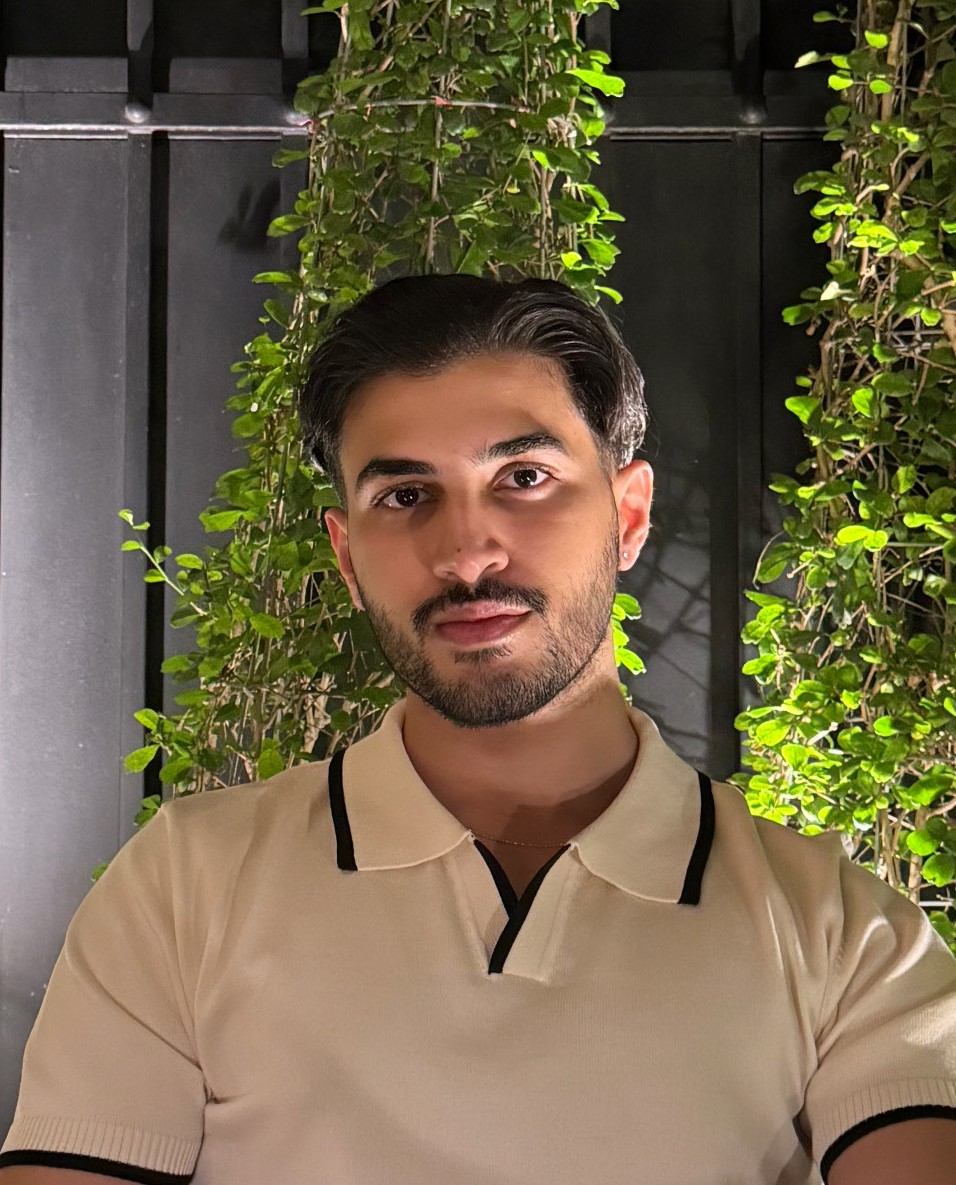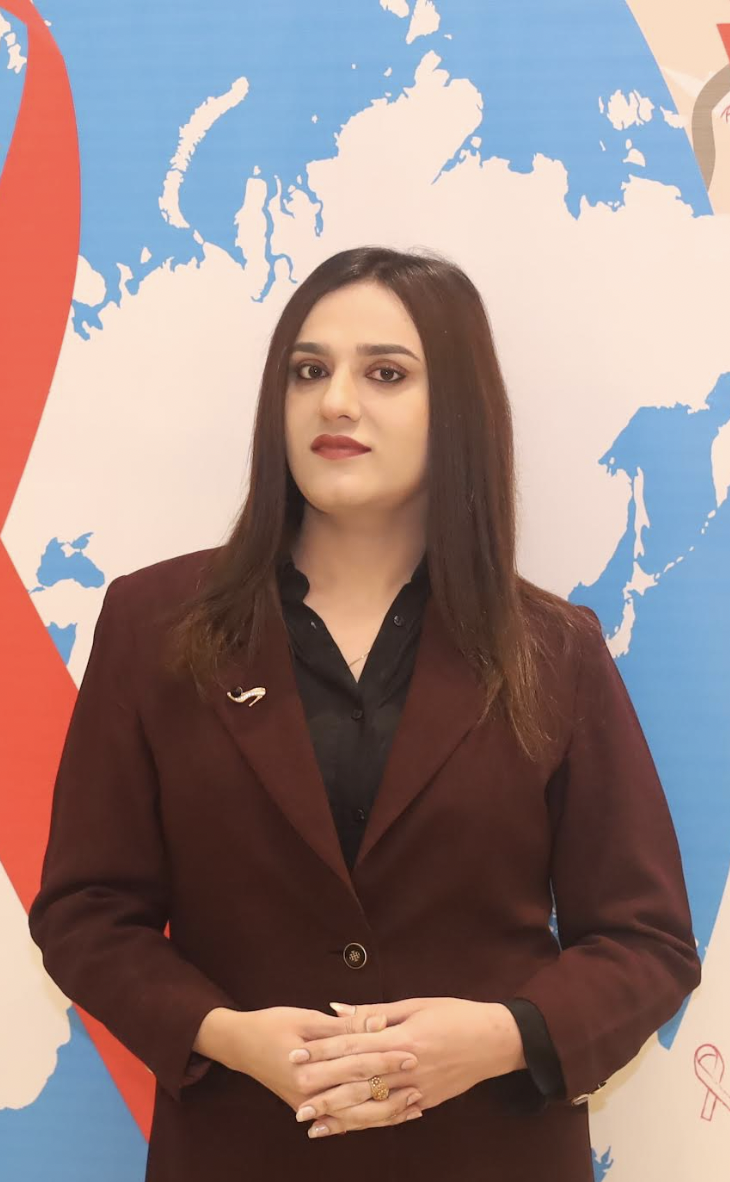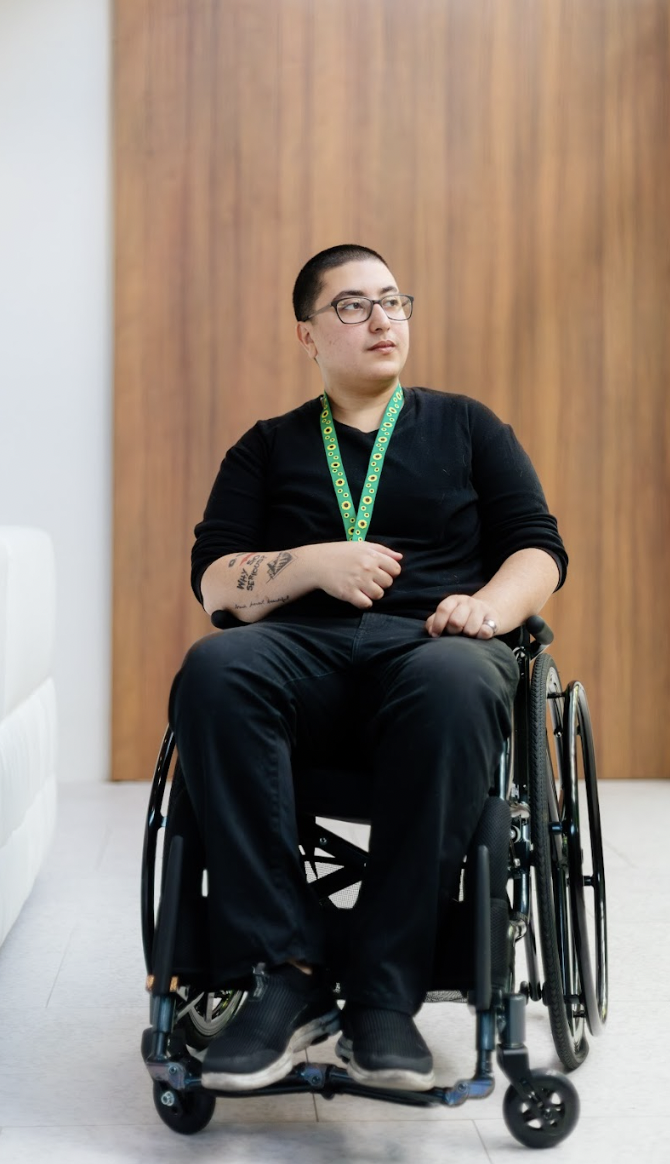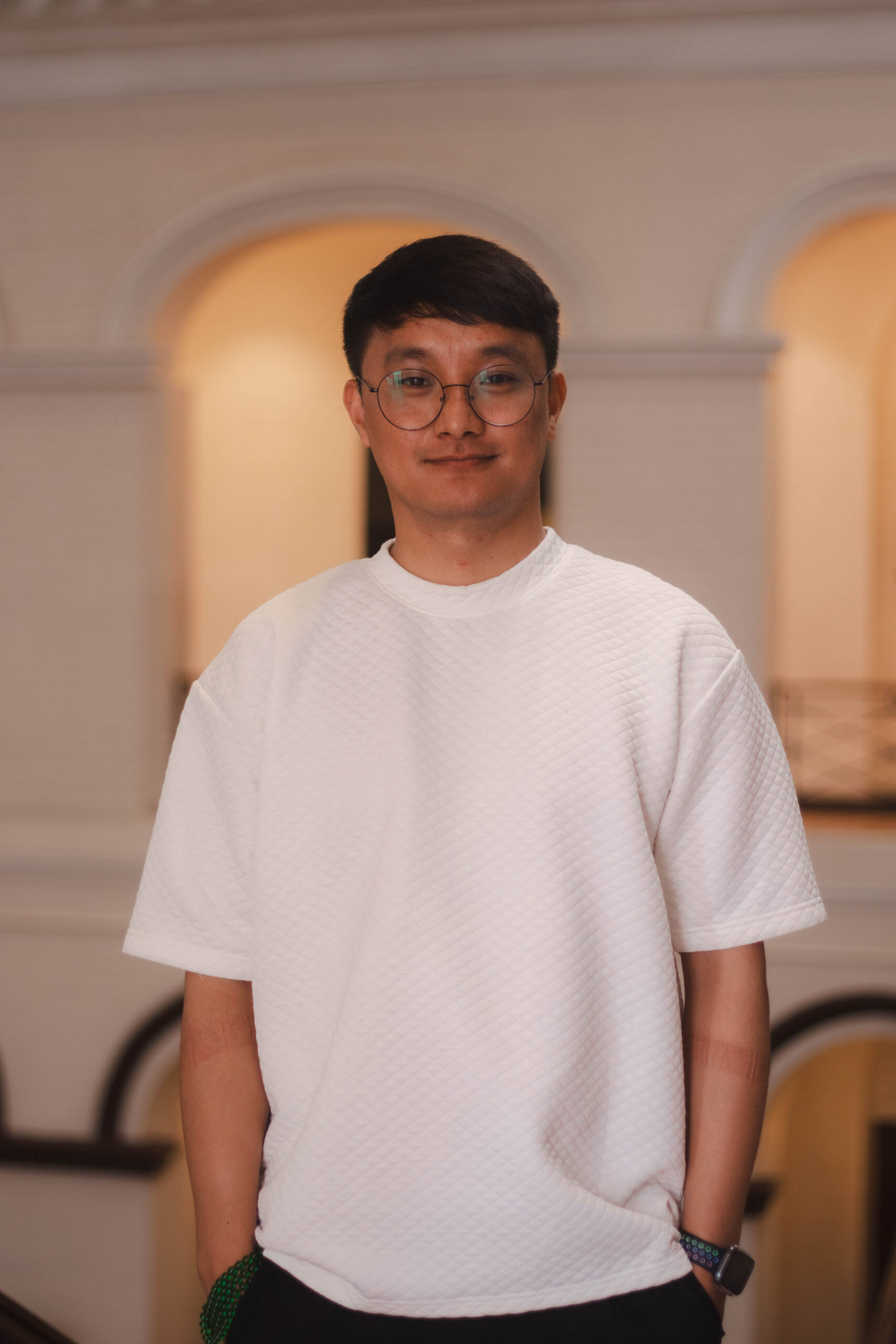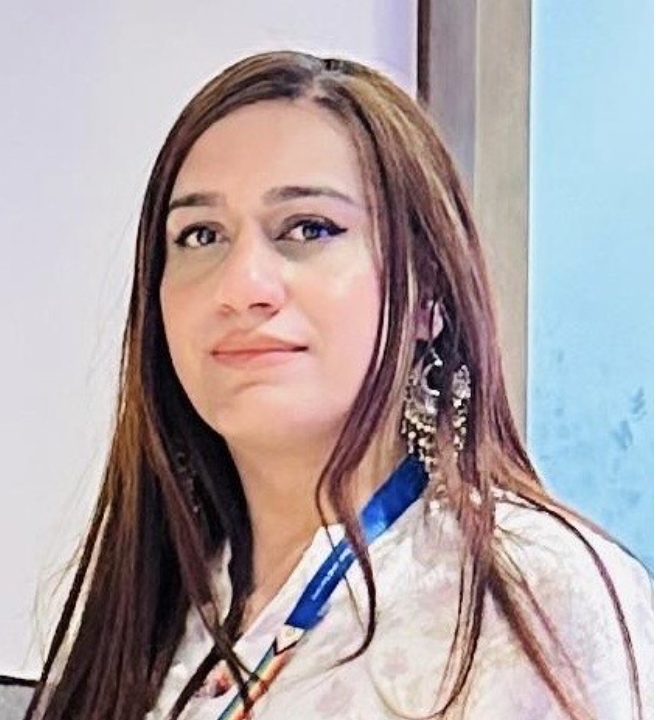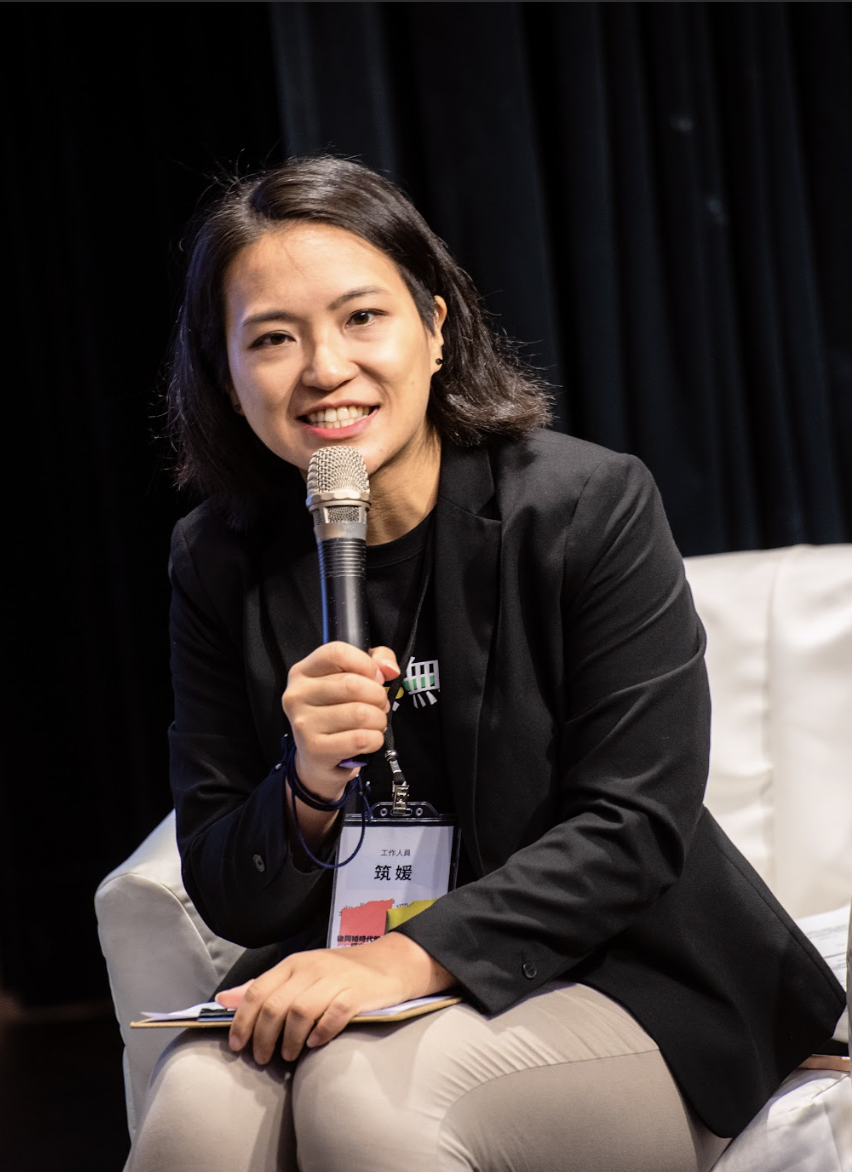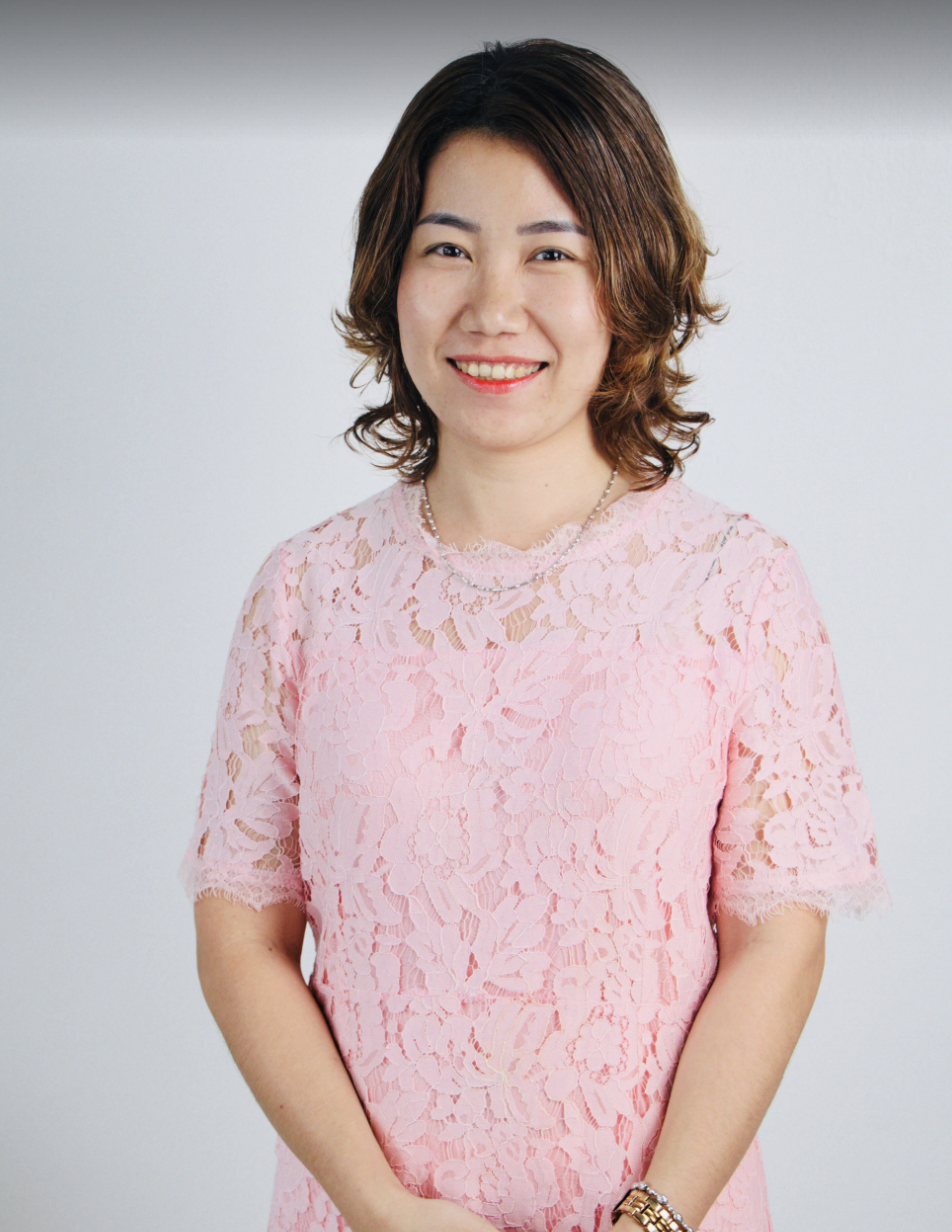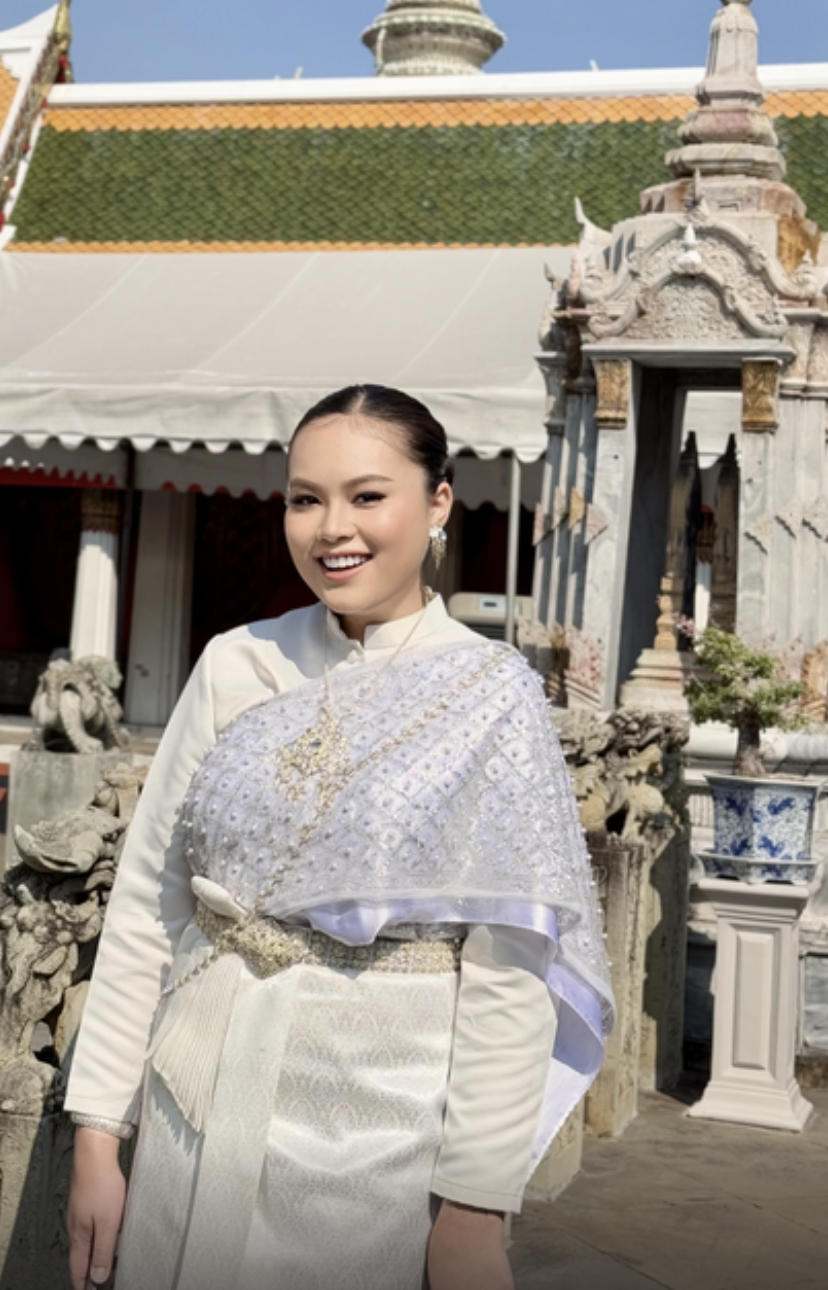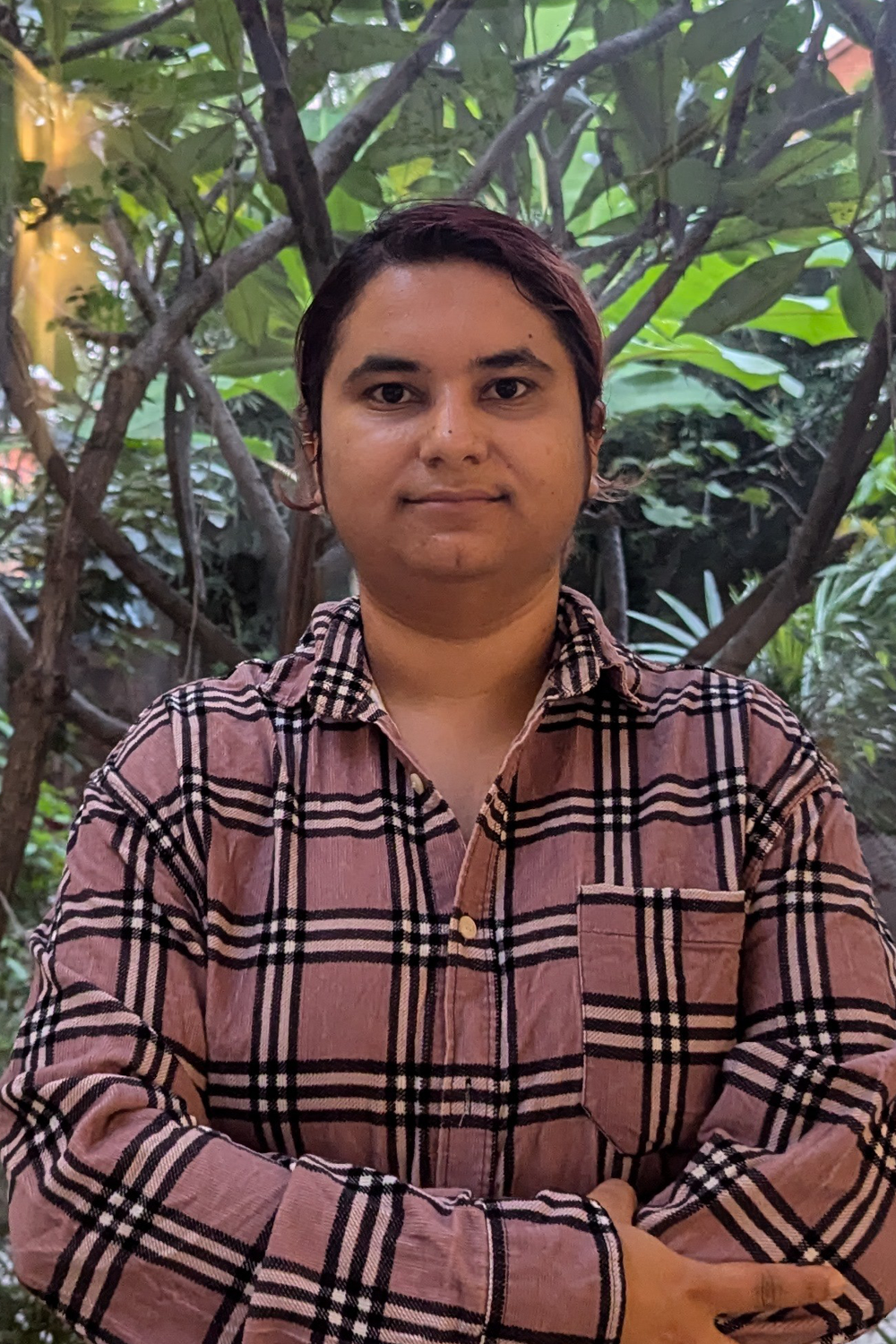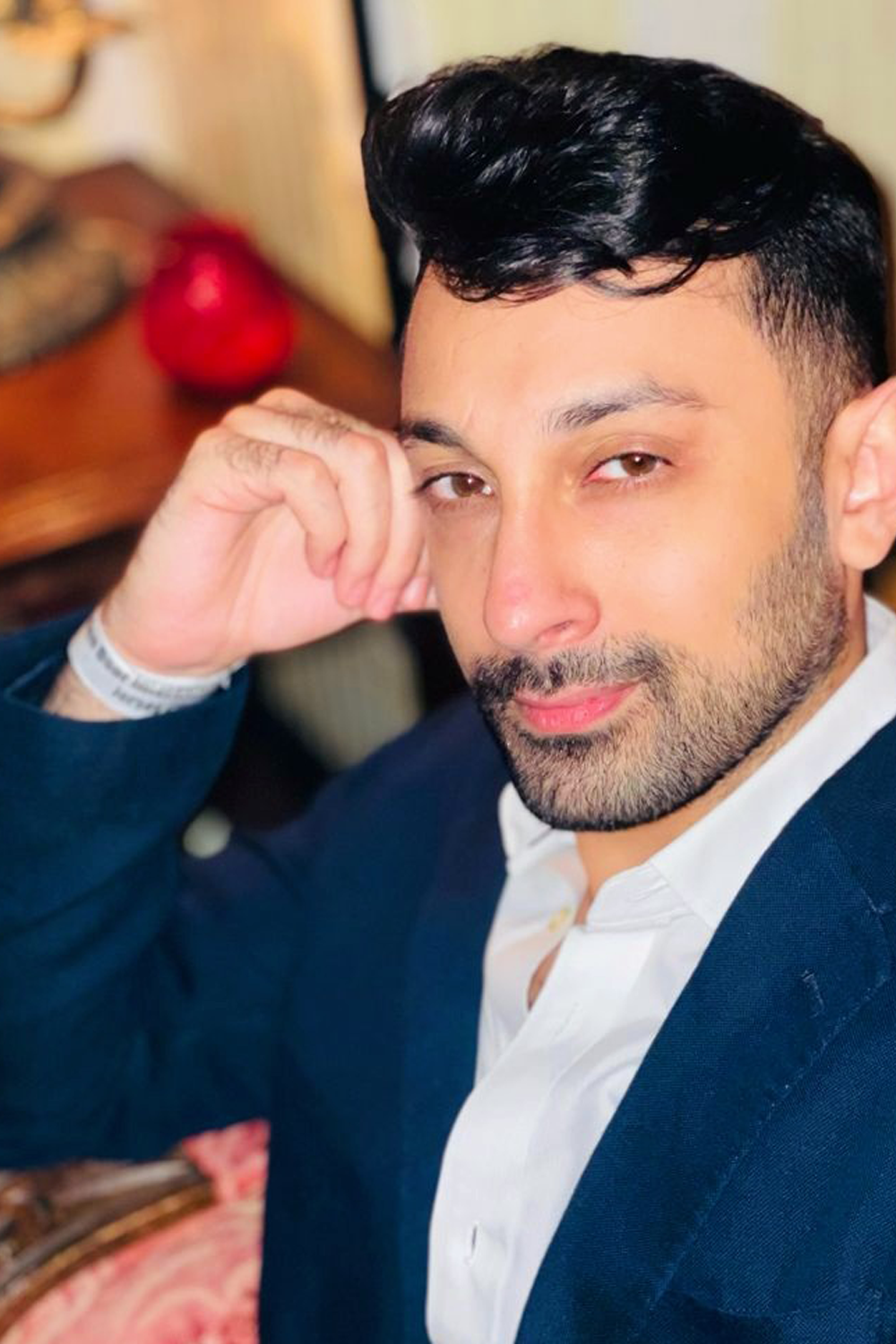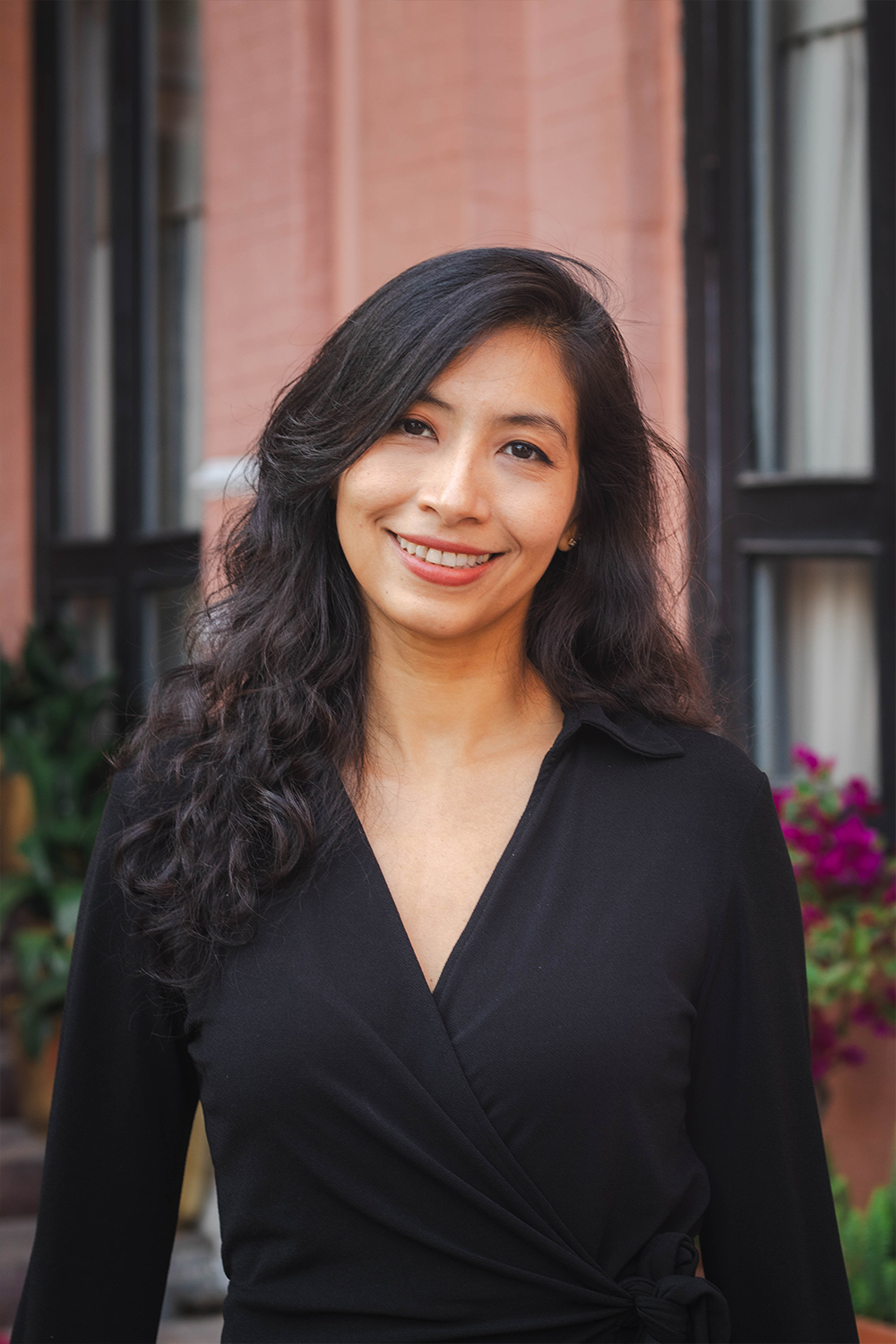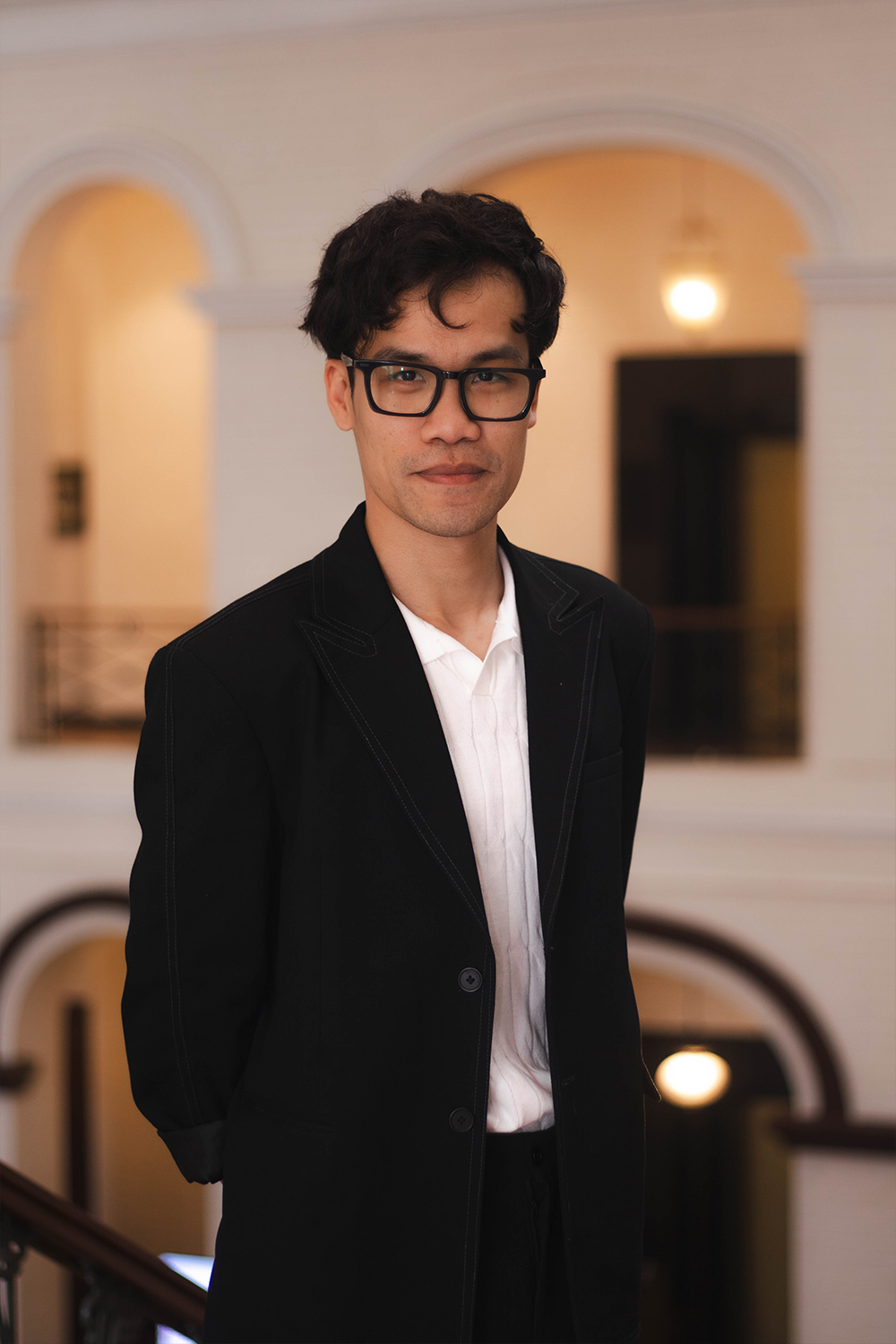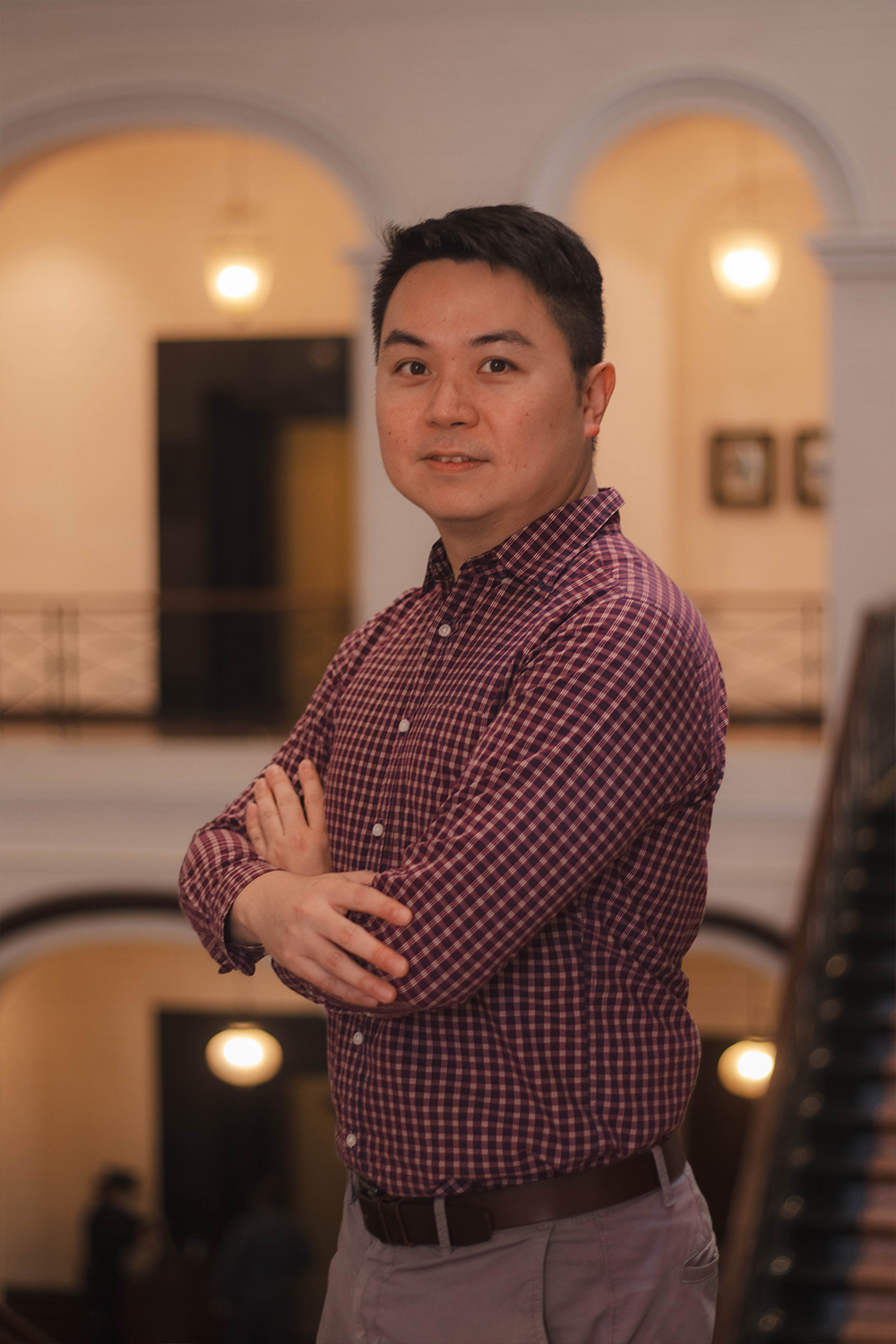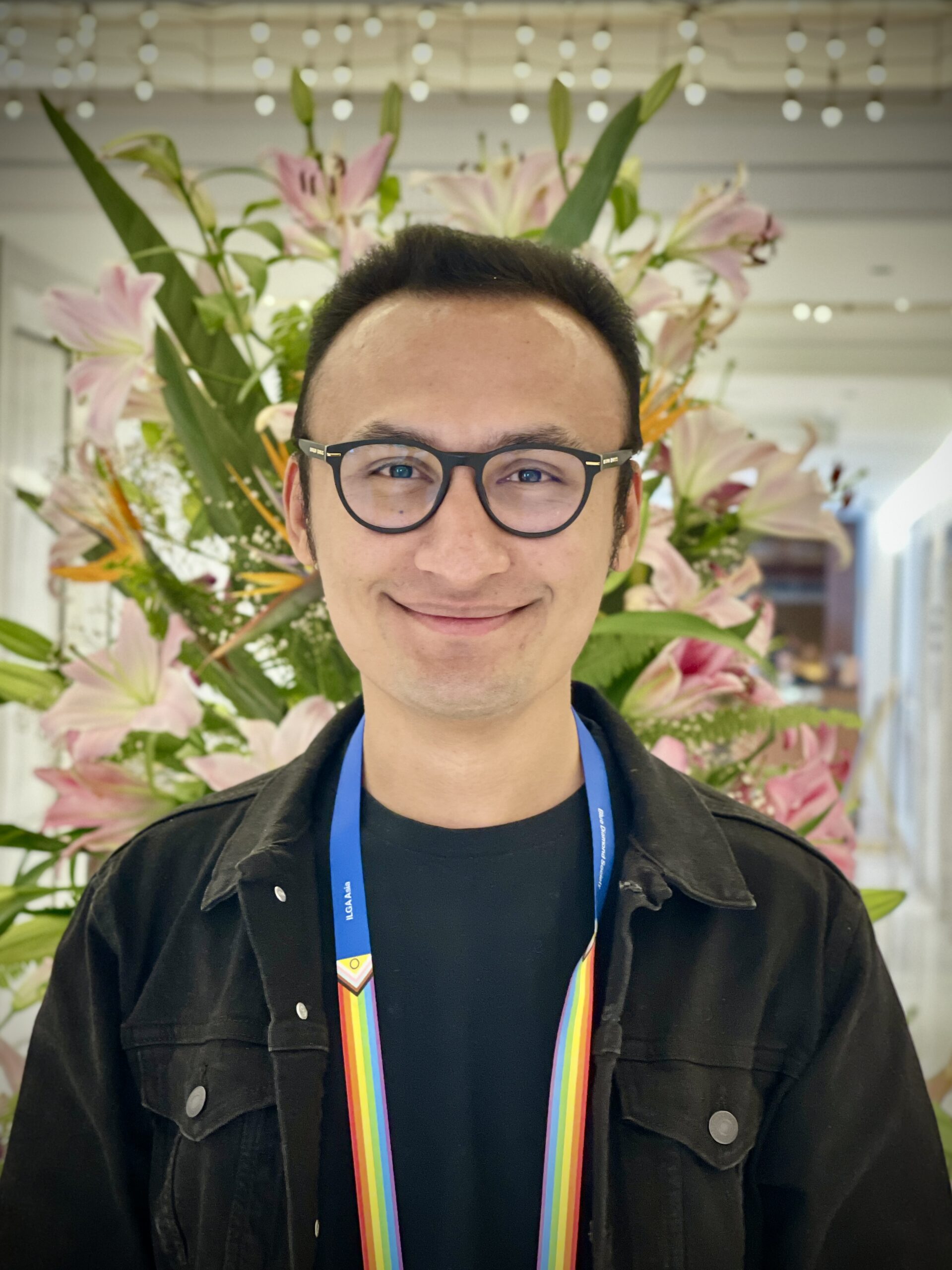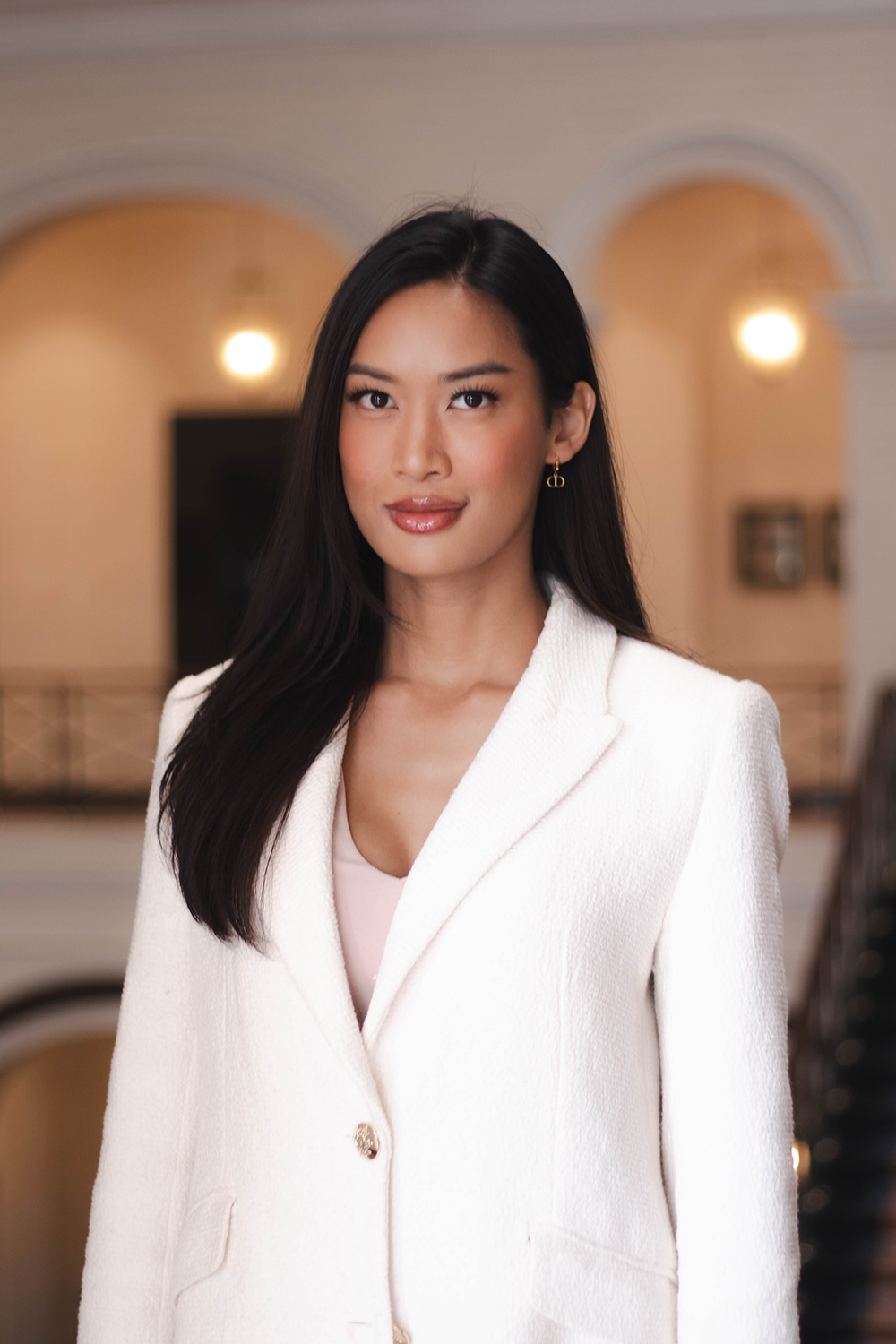As the coronavirus pandemic has unfurled across the world, the public health crisis has brought with it considerable social and economic aftershocks, which may be felt disproportionately by populations which are likely to be left behind. Aside from the direct risks to physical health, the psychological impacts of COVID-19 also pose significant risks to mental-wellbeing as elevated levels of stress and anxiety are further exacerbated by the ongoing uncertainty of the situation. The discrimination and marginalization experienced by members of young key populations (YKPs) and young people living with HIV (YPLHIV) places them at heightened risk of experiencing mental health challenges during this time. National lockdowns, restricted movement and closure of non-formal education opportunities resulting in a lack of social engagement with peers and educators, may further aggravate feelings of loneliness, depression and anxiety in young key populations and young people living with HIV.
As countries across the Asia Pacific region gradually emerge from country-wide lockdowns as a result of the pandemic, it’s important that the experiences of young key populations and young people living with HIV are heard, in order to support local solutions that mitigate the impact of COVID-19. In response to the ongoing pandemic, The Interagency Task Team (IATT) on Young Key Populations in Asia and the Pacific launched a rapid response survey to assess information needs, medication on hand, and ability to access HIV services and support networks among young key populations and young people living with HIV from Asia and the Pacific region during the COVID-19 outbreak. The preliminary findings from the survey were discussed in a previous blog which provided an overview of the sociodemographic characteristics of respondents, their access to information, HIV prevention and treatment services, and access to other essential services.
Using the findings from the rapid response survey, this current blog focuses on the impact of COVID-19 on mental health and quality of life of young key populations and young people living with HIV in Asia and the Pacific.
Almost half of the respondents identify themselves as young men who have sex with men, 10% as young drug users, 10% as young transgender people, 6% as young sex workers and 5% as young migrants. Just over half of respondents identify themselves as young people living with HIV. In the context of COVID-19, 91% of respondents reported practicing social distancing, 60% in self-quarantine and 36% in complete lockdown.
Although it was not possible for the current survey to cover young people under the age of eighteen, it’s important to reflect on the fact that the findings of this survey may also likely apply to younger adolescents who are equally or at a higher risk of experiencing mental health challenges during this time.
Levels of anxiety about COVID-19 among young key populations and young people living with HIV
Respondents were asked how anxious they were about COVID-19 on a scale of 1 to 5, with 1 being not anxious and 5 being extremely anxious. The results suggest that the pandemic is conducive to elevated levels of anxiety among young people with approximately 70% of respondents reporting feeling anxious or extremely anxious. When asked about the main concerns (see infographic below), concern for individual and family members’ health were the most commonly cited. The grave socioeconomic implications of the pandemic are also evident with 59% of young people reporting anxiety due to loss of income and 39% not able to work as they usually would. Young people living with HIV and members of young key populations experience a heightened risk of mental health challenges in non-pandemic contexts, however, it seems that national lockdowns and an absence of social engagement with peers may be further aggravating feelings of isolation among young people with nearly half of respondents reporting anxiety about isolation.
Approximately 80% of young people say that there is someone in their life who they can trust and share their fears of concerns with, however, the remaining 20% report having nobody or being unsure if there is somebody whom they can trust.[1]
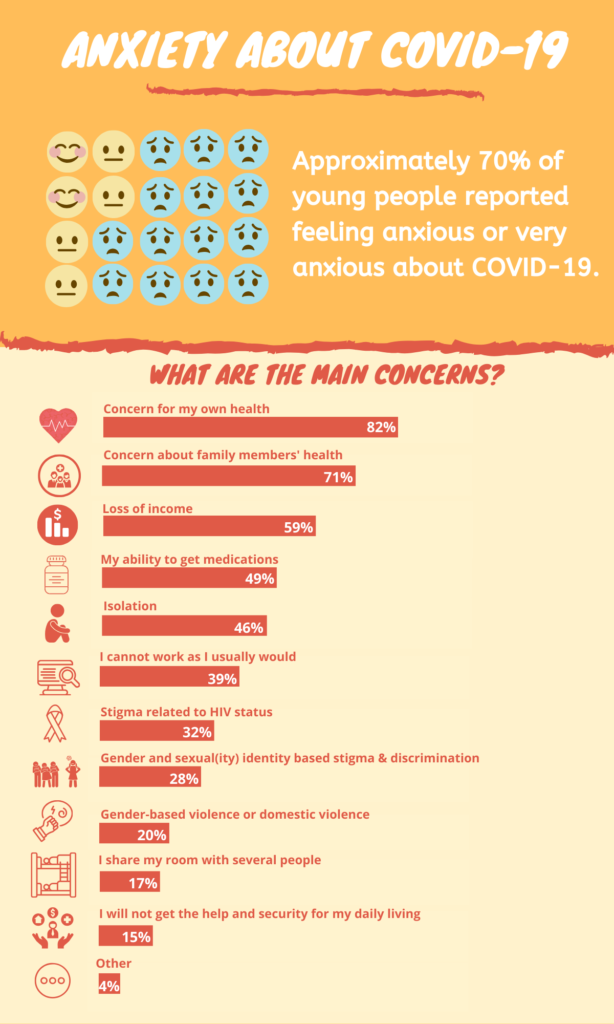
Access to essential services for Young people living with HIV during the pandemic
Young people who identified themselves as living with HIV (51% of respondents) were asked about the services which are crucial in order to adhere to their HIV treatment during the crisis. Exactly half of young people living with HIV who completed the survey, noted that counselling for anxiety, depression, or other conditions is essential to adhering to their HIV treatment with a further 23% of respondents highlighting peer support/connection with other people living with HIV as a vital service.
Access to HIV services, prevention and other services during the pandemic
Among young people who reported needing mental health services, 34% have experienced delays or disruption in access to mental health medications due to COVID-19 and 47% have experienced delays or disruption in accessing psychosocial support as a result of the ongoing pandemic. It is also important to highlight that these survey findings suggest 9% of respondents requiring mental health medications have never had access to them and similarly, 14% of respondents needing psychosocial support lack access to this essential service in a non-pandemic context.

Organizations offering peer support
During an unprecedented time such as this, peer support and sources for reliable, up-to-date information are more important than ever for young people. Many civil society organizations and peer support groups are working across Asia and the Pacific to provide support services to young people living with HIV and young key populations, some of which are turning to online channels to deliver services safely. Respondents were asked to provide the names of organizations, peer support groups, PLHIV or KP groups that they felt they could reach out to during this time for information and support. The results are presented in the word cloud below.


Key Recommendations
Mental health support
● Encourage young people to keep in touch with their peer group and friends through WhatsApp and SMS etc. [2]
● Young people should be encouraged to reach out to their local network of young people living with HIV or young key persons network to see what support they can provide for mental health. Regularly updated lists of available services will help young people to find relevant services and facilitate access.
● Building on existing infrastructure and strengthening schemes for young people to support one another, such as buddy systems.
● Engage and work with counsellors and social workers to provide mental health services through online platforms.
● Advocate for inclusive COVID-19 support services, that are also accessible to young key population members and young people living with HIV (e.g. minimize barriers related to requirements around identification).
● Advocate for non-stigmatizing care for anyone with COVID-19, related symptoms, or for other reasons such as stigma related to key population or HIV status. [3]
List of sources or organizations in Asia and the Pacific who offer support
⮚ Online toolkit: ‘Caring for your Coronavirus anxiety’ (https://www.virusanxiety.com/)
⮚ DESI LGBTW Helpline for South Asians (http://www.deqh.org/)
⮚ PRISM Anonymous chat support system for the LGBTQ+ community (https://prismchat.com/)
⮚ Youth Voices Count Resource List of LGBTIQ Organizations and Helplines (https://yvc-asiapacific.org/2020/05/08/copingwithcovid-resource-list-of-lgbtiq-organizations-and-helplines/)
⮚ #CopingwithCOVID: Webinar series on young people and mental health, UN Youth Envoy (https://www.un.org/youthenvoy/2020/04/copingwithcovid-a-webinar-series-on-young-people-and-mental-health/)

